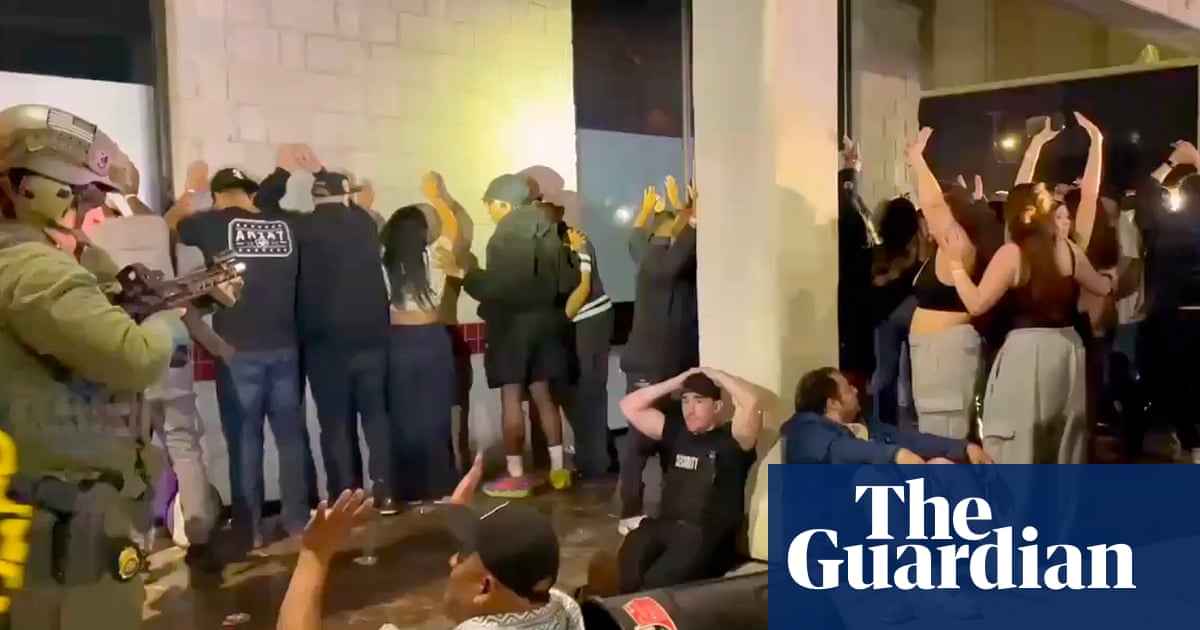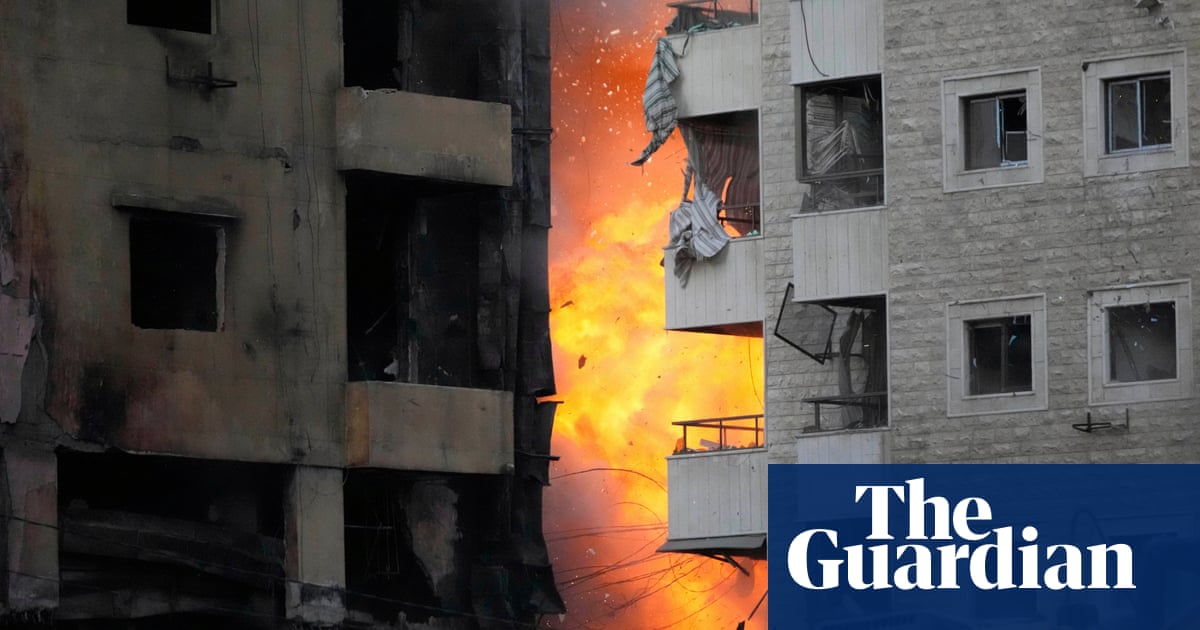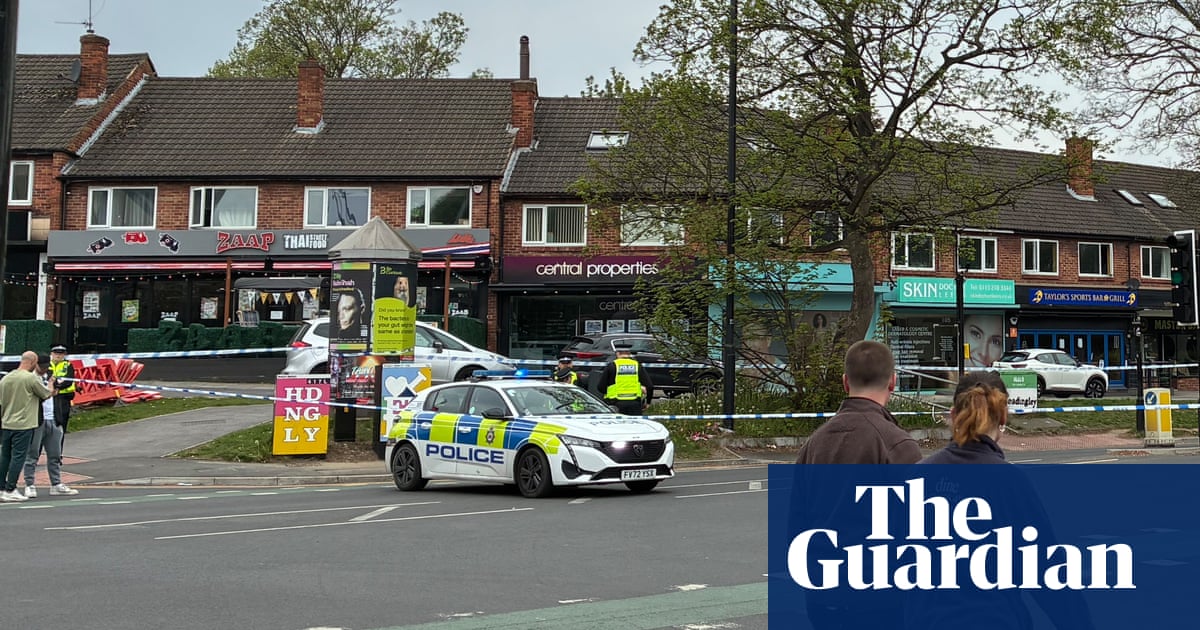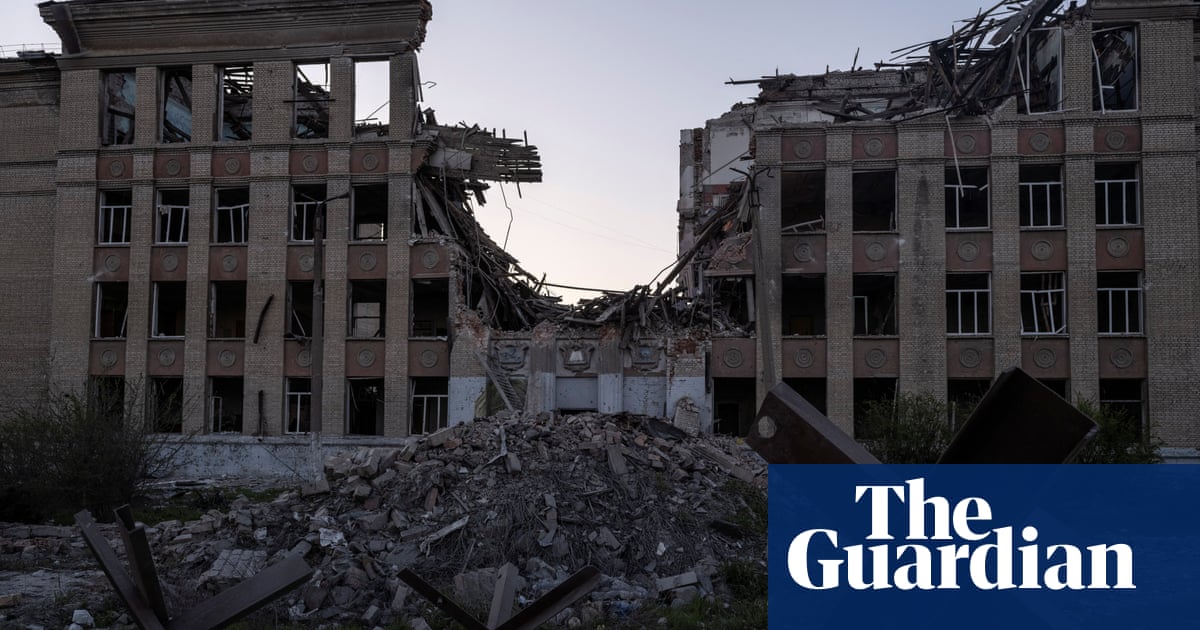Soaring prices of basic foodstuffs, diminishing stocks of medical supplies and sharp cuts to aid distribution threaten newly catastrophic conditions across Gaza, Palestinians and international aid officials in the battered territory are warning.
Humanitarian organisations including the World Food Programme and Unwra, which supplies food and services to more than 2 million Palestinians across Gaza, have now distributed the last of their stocks of flour and other foodstuffs to the dozens of community kitchens in the territory that serve basic meals to those with no other option.
Aid groups’ warehouses were filled during the ceasefire between Israel and Hamas that came into effect in mid-January and ended in early March. They are now empty.
“There isn’t anything left to give them now, so once the last supplies have been used up, the kitchens will have to close,” said one senior UN official. “At the moment people are holding up OK but we know from other crises that when things deteriorate, they deteriorate very fast, and we are not far from that point.”
Within hours of the ceasefire’s collapse almost two months ago, Israel blocked food, fuel, medicine or other items from entering Gaza. Dozens of bakeries that provided bread for hundreds of thousands have already shut down.
The 47 community kitchens, which provide only lentils, plain pasta or rice, have already reduced portions.
“These people who depend on us are threatened with starvation if this kitchen closes,” said Hani Abu Qasim, of the Rafah Charity Kitchen in Gaza.
Markets across Gaza are nearly bare and anything on sale is now too expensive for the vast majority.
Since the end of the ceasefire, the price of a kilogram of tomatoes has quadrupled to $8, sugar has gone up seven times and flour 10 to 15 times. Meat or dairy products are unobtainable.
Um Aboud, 45, an academic and journalist in Gaza City, said: “We eat two meals a day, sometimes just one. We have only a small amount of food left.
“The living conditions are extremely difficult. Hospitals are destroyed, with no treatment or medicine available. There is no clean water or electricity. Garbage surrounds us from every direction. Gaza has become a disease-ridden place. People are dying slowly, as if we have been sentenced to death.”
Almost 70% of Gaza is now covered by evacuation orders issued by the Israeli military or is part of an expanded buffer zone controlled by Israeli troops. More than 400,000 people have been displaced since the collapse of the ceasefire.
Israeli officials justify the blockade with claims that Hamas routinely steals aid, distributing it to its fighters or selling it to raise vital funds. Aid officials in Gaza deny any widespread theft of aid in recent months.
In a sprawling tent camp outside the southern city of Khan Younis, Mariam al-Najjar and her mother-in-law prepared a meal for their family of 11 with four cans of peas and carrots, some rice, stock cubes and spices.

Before the war, her family would eat a large meal of meat, stuffed vegetables or other traditional dishes on Fridays, Najjar said. “Now we eat peas and rice. We never ate canned peas before the war. Only in this war that has destroyed our lives.”
The UN said it identified 3,700 children suffering from acute malnutrition in March, up 80% from February.
Specialists from the UN’s hunger monitoring system, the Integrated Food Security Phase Classification (IPC), are preparing a new assessment in Gaza, to be released next month, UN officials in Gaza said.
There is also a growing shortage of medical supplies. “Everything from sterile gloves to body bags needs replenishment,” the International Committee of the Red Cross said. “This is an ongoing and particularly acute challenge as we unfortunately continue to see shockingly high numbers of sick people, including severely wounded patients, which increases pressure on the system.”
The war in Gaza was triggered by a surprise attack launched by Hamas into Israel in October 2023, in which militants killed more than 1,200 people, mostly civilians, and took 250 hostages. Israeli officials say 59 hostages remain in Gaza, more than half of whom are thought to be dead.
Israel says its blockade also aims to force Hamas into releasing hostages. Rights groups accuse Israel of using a “starvation tactic”, endangering the entire population and so making it a potential war crime.
Hospitals in Gaza received the remains of 51 Palestinians over the past 24 hours who were killed in Israeli strikes, the local health ministry said on Sunday, bringing the Palestinian death toll from the war to 52,243.
The overall toll includes nearly 700 bodies for which the documentation process was recently completed, the ministry said in its latest update.
On Monday, the international court of justice (ICJ), the United Nation’s principal court, will begin hearings to establish if Israel’s ban on all cooperation with Unrwa’s activities in Gaza and the occupied West Bank is unlawful. Israel claims Unrwa has been infiltrated by Hamas, an allegation that has been fiercely contested.
South Africa filed a complaint with the ICJ in December 2023 alleging Israel was committing genocide in Gaza, which Israel denies.

 8 hours ago
5
8 hours ago
5













































